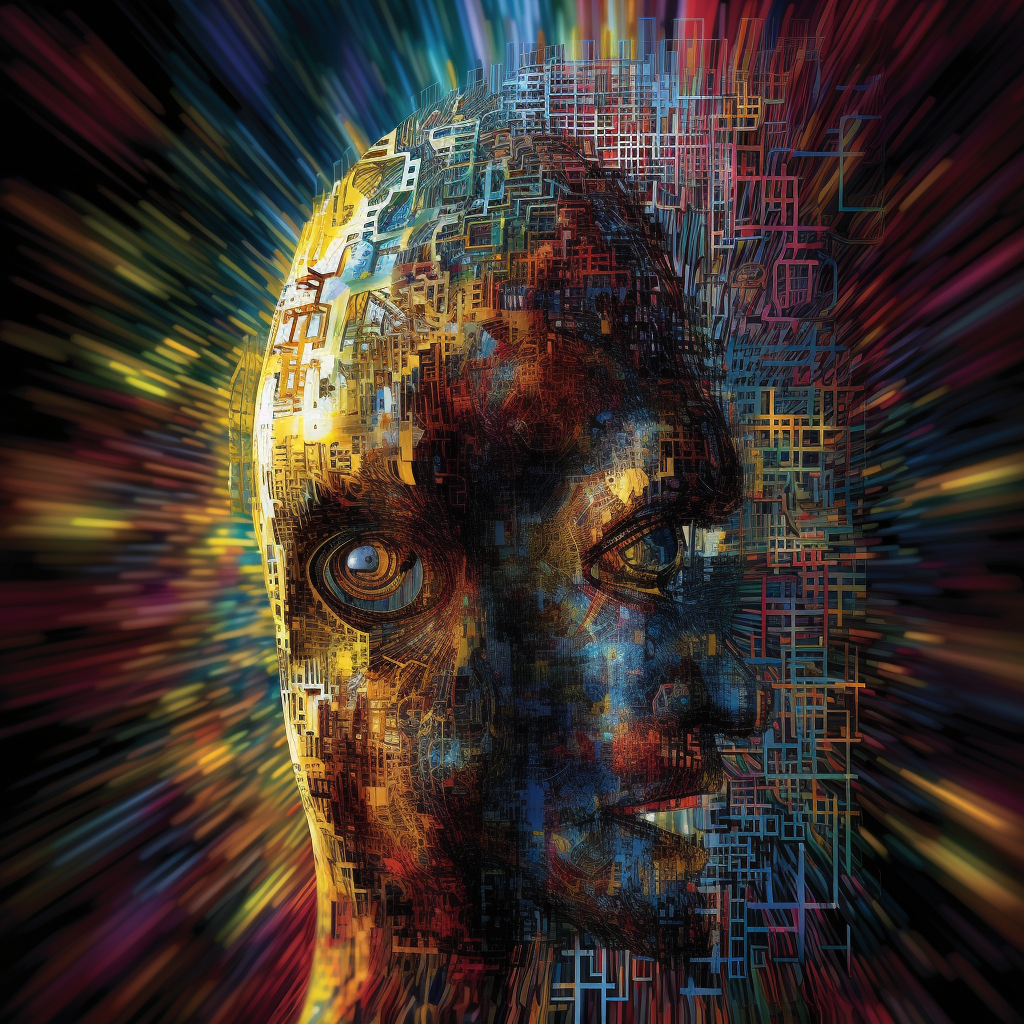June 6, 2024
OpenAI Employees Advocate for Greater Oversight and Safety Measures in AI Development
Book a Demo
In a recent public letter, OpenAI employees have sounded an alarm about the potential risks associated with AI development without adequate oversight. The letter, which includes signatures from influential figures in AI research such as Geoffrey Hinton, Yoshua Bengio, and Stuart Russell, underscores the necessity for safety oversight within the AI industry.
The document also encourages AI companies to protect their employees who voice concerns. The letter further advocates for the establishment of anonymous feedback systems. This move is aimed at ensuring that employees can air their concerns without fear of retribution, thereby fostering a culture of openness and accountability within these organizations.
OpenAI has faced backlash in the past, most notably for threatening to take back employees’ equity if they failed to sign non-disparagement agreements. Such actions have sparked concerns about the organization’s commitment to transparency and employee rights.
In response to these concerns, OpenAI has made significant changes to its safety management. These changes include the creation of a Safety and Security Committee, a move that is expected to improve the organization’s safety protocols and address potential risks proactively.
The letter was signed not only by OpenAI employees but also by professionals from Google DeepMind, further emphasizing the industry-wide concern for safety in AI development. It was released following the high-profile resignations of two top OpenAI employees, co-founder Ilya Sutskever and key safety researcher Jan Leike.
OpenAI has responded to the letter, affirming that it does not release any new technology without appropriate safeguards in place. The organization underscored its commitment to ensuring the safe and responsible development and deployment of AI technologies.
Overall, the letter illustrates the growing concern within the AI industry about the potential risks associated with unchecked AI development. It highlights the need for greater transparency, accountability, and safety measures within AI organizations. It also underscores the importance of creating a work culture that encourages employees to voice their concerns without fear of retribution. The AI industry’s response to these concerns will be instrumental in shaping the future of AI development and its impact on society.



